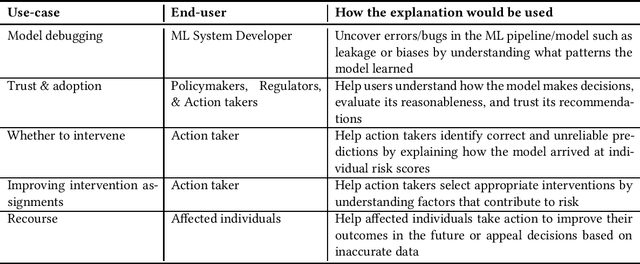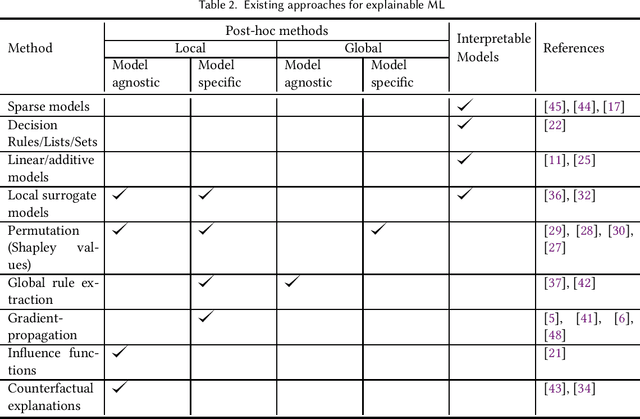Kit Rodolfa
Preventing Eviction-Caused Homelessness through ML-Informed Distribution of Rental Assistance
Mar 19, 2024



Abstract:Rental assistance programs provide individuals with financial assistance to prevent housing instabilities caused by evictions and avert homelessness. Since these programs operate under resource constraints, they must decide who to prioritize. Typically, funding is distributed by a reactive or first-come-first serve allocation process that does not systematically consider risk of future homelessness. We partnered with Allegheny County, PA to explore a proactive allocation approach that prioritizes individuals facing eviction based on their risk of future homelessness. Our ML system that uses state and county administrative data to accurately identify individuals in need of support outperforms simpler prioritization approaches by at least 20% while being fair and equitable across race and gender. Furthermore, our approach would identify 28% of individuals who are overlooked by the current process and end up homeless. Beyond improvements to the rental assistance program in Allegheny County, this study can inform the development of evidence-based decision support tools in similar contexts, including lessons about data needs, model design, evaluation, and field validation.
Explainable Machine Learning for Public Policy: Use Cases, Gaps, and Research Directions
Oct 27, 2020


Abstract:In Machine Learning (ML) models used for supporting decisions in high-stakes domains such as public policy, explainability is crucial for adoption and effectiveness. While the field of explainable ML has expanded in recent years, much of this work does not take real-world needs into account. A majority of proposed methods use benchmark ML problems with generic explainability goals without clear use-cases or intended end-users. As a result, the effectiveness of this large body of theoretical and methodological work on real-world applications is unclear. This paper focuses on filling this void for the domain of public policy. We develop a taxonomy of explainability use-cases within public policy problems; for each use-case, we define the end-users of explanations and the specific goals explainability has to fulfill; third, we map existing work to these use-cases, identify gaps, and propose research directions to fill those gaps in order to have practical policy impact through ML.
 Add to Chrome
Add to Chrome Add to Firefox
Add to Firefox Add to Edge
Add to Edge